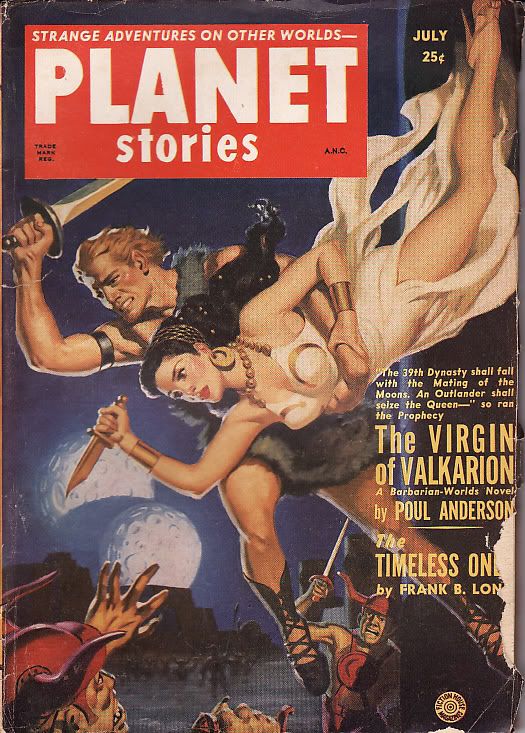I read Athol Dickson's
River Rising. This was a departure for my usual reading. It's set in swamp country of the lower Mississippi. I thought it might relate to some of the old acoustic blues music that I like a lot, but there weren't any overt references to that. I tried to think of things it was "like," and strangely enough I kept thinking, vaguely, of Spielberg's movie of Ballard's
Empire of the Sun. Certainly captivity is an important theme of both movie and book. I guess you could say, too, that
River Rising is a variant on the well-established "lost city" genre.
I feel that, with this book, avoiding spoilers might be more important than with some books. It went in directions that I didn'r see coming. Still, maybe I can pass on some comments from Lars Walker without giving too much away:
Book Review: River Rising by Athol Dickson
Sometimes it’s great to be proven wrong.
Just a few days ago I commented on the low quality of CBA (Christian Bookseller’s Association) fiction. Most commenters concurred that CBA authors weren’t generally producing anything that would be looked at twice by a “real world” publisher, or even by a discerning secular bookstore customer.
About the time I wrote that, I received a copy of
River Rising from Bethany House Publishers. One of their promotional people had offered to send it to me, and since I’d never been offered a review book before I accepted it, not expecting much.
I was very pleasantly surprised.
In fact, I have an idea I may have just read a classic in the making, a book our children and grandchildren will read and love.
The story is set in southern Louisiana, at the very mouth of the Mississippi delta (evocatively described), in 1927. Rev. Hale Poser, a black minister with a bad hip, poles his pirogue into the town of Pilotville, where he takes a job as janitor at the Negro Infirmary. He has come because he’s an orphan, and he has discovered a document in an orphanage that says he originally came from this town.
The town amazes him. It’s not like any other place he’s ever been. Whites and blacks coexist on nearly an equal footing. Blacks look whites in the eye, and no offense is taken. There’s no legal segregation.
And yet… something is wrong. The racial harmony is enforced by “Papa” DeGroot, a rich old white man who controls the town. But up close Papa seems to be less than the genial patriarch he claims to be.
Also there’s an ongoing mystery. Occasionally – every few years or so – a black child is kidnapped and never seen again. It happens rarely enough to draw little attention, but too often to be accidental.
And when another black child disappears from the Infirmary, Rev. Poser goes out to search for her himself. What he discovers then is a horror he has never dreamed of, as well as the answer to the secret of his parentage.
There’s a supernatural element to the story. Miracles happen when Rev. Poser prays, although they seem to fail him when he needs them most. As he enters upon the greatest suffering of his life he must wrestle with temptations and doubts he’s never imagined.
The book climaxes with a massive flood that washes out the town and its secrets. Dickson leaves the reader with a challenge and a question for the conscience.



